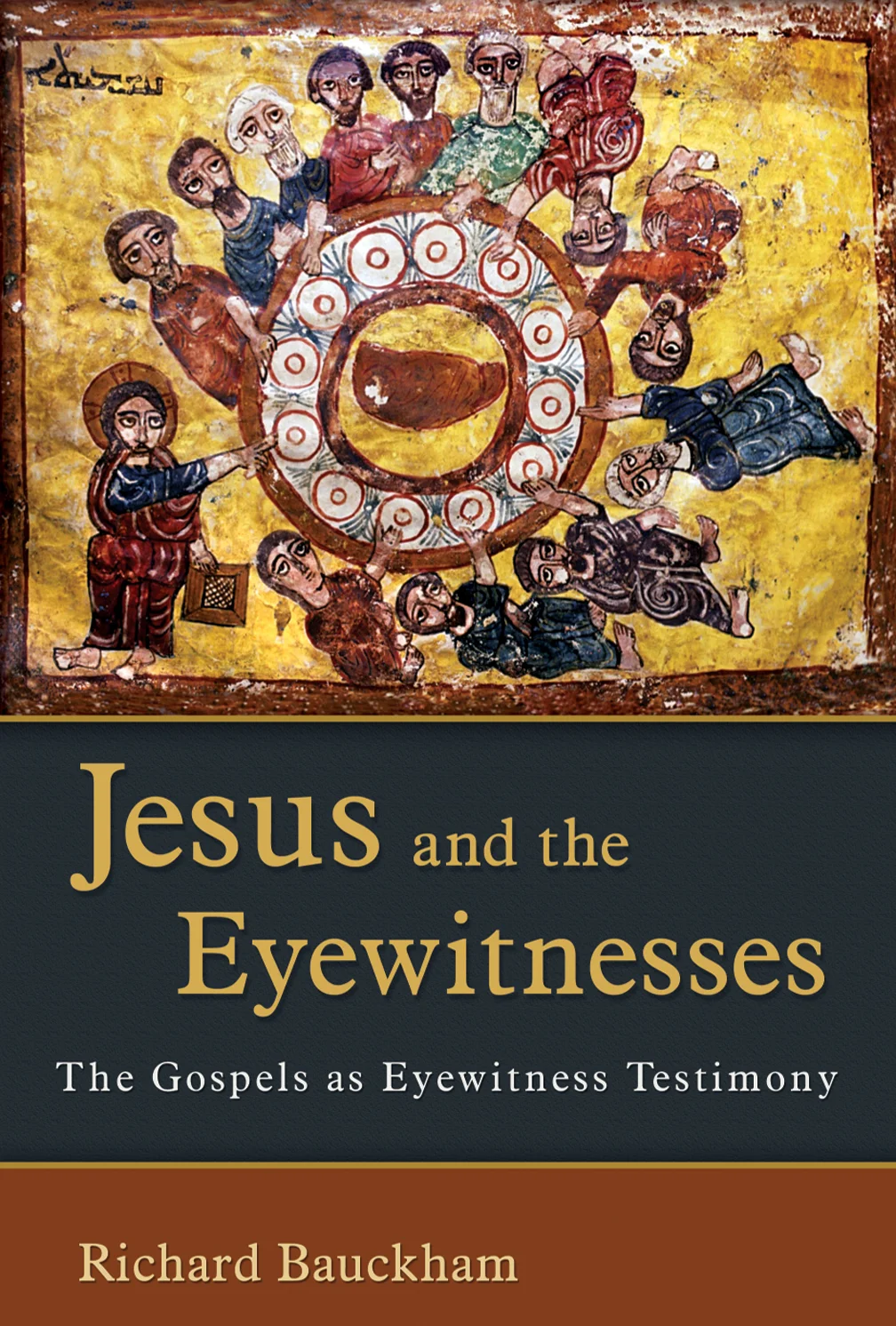A Call to Raise Daughters Wise to Domestic Abuse: Excellent article by Jeremy Pierre. He begins, “’If your future husband ever lays a finger on you, you better tell me so I can kill him.’ This is the extent to which many dads address abuse with their daughters. It feels effective because it’s simple, protective, and tough. And it also feels kind of awesome to say.
Loving With a Limp: Chris Thomas writes, “Maybe, like Jacob, an encounter with God will leave you living life with a limp, serving with a limp, worshiping with a limp; loving with a limp.”
Cords Have Memory: Lauren Washer likens the memory of electrical cords with our inner lives. “Our inner lives have a similar type of cord memory. We inherit ideas, values, and belief systems from our families, faith backgrounds, and cultural surroundings. Many of these are good and right. But sometimes, the way we’ve always done things or thought about things, isn’t good.”
Bend Me Toward the Light: Glenna Marshall says, “When I find myself spending copious amounts of time pursuing distractions, my prayer has become one of crooked house plants and branchy, horizontal azaleas: “Lord, bend me toward the Light.” Distractions are just that—distractions. We aren’t meant to spend our time and mental margin on things that do not feed our souls. We’ll wither up and die without spiritual nourishment, especially if our flesh is yearning for what the world offers”
The Anatomy of an Apology: Justin Hale responds to this question, “I recently did something hurtful to a family member. Shortly afterward, I said I was sorry but the person didn’t seem to accept my apology. I’ve tried to reach out but they are giving me a bit of a “cold shoulder.” They still seem bugged about what I did. I feel like I’ve done my part and now it’s up to them to accept the apology. Should I be looking at this differently?”
What Reasons are there to Believe the Bible?
Last week we began considering whether it is possible to believe the Bible is true.
The outspoken atheist and author Sam Harris once said,
“Tell a devout Christian that his wife is cheating on him, or that frozen yogurt can make a man invisible, and he is likely to require as much evidence as anyone else… Tell him that the book he keeps by his bed was written by an invisible deity who will punish him with fire for eternity if he fails to accept its every incredible claim about the universe, and he seems to require no evidence whatsoever.”[i]
Can we trust the Bible? Do Christians believe the Bible with “no evidence whatsoever”? What is the evidence that it is trustworthy?
The challenge that is made against the Bible is that it isn’t a trustworthy historic document. We can’t trust that the history the Bible purports to tell is accurate.
These are serious questions and they deserve thoughtful responses.
Jesus and the Eyewitnesses by Richard Bauckham
I have thumbed through this book many times before, skimmed chapters, and recommended it to many people. It's about time I finally dove in and worked through this masterpiece. And it really is a masterpiece. Bauckham's Jesus and the Eyewitnesses is jaw-dropping in its scope and the force of the argument Bauckham puts forth.
Bauckham's thesis is fairly simple: the four gospels represent a compilation of eyewitness testimony of the life of Jesus of Nazareth and as such need to be taken seriously as we consider the Jesus of history. To the conservative such a thesis might seem rudimentary while to a liberal such a thesis might seem untenable. Both audiences shouldn't dismiss Bauckham quickly, though.







